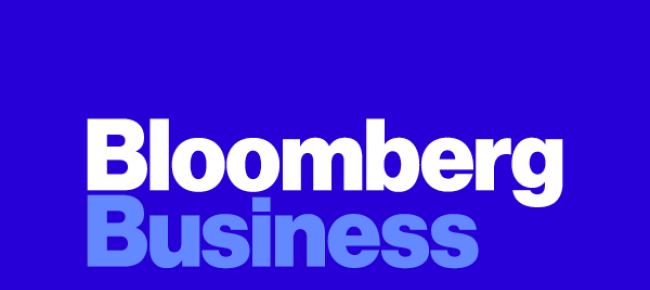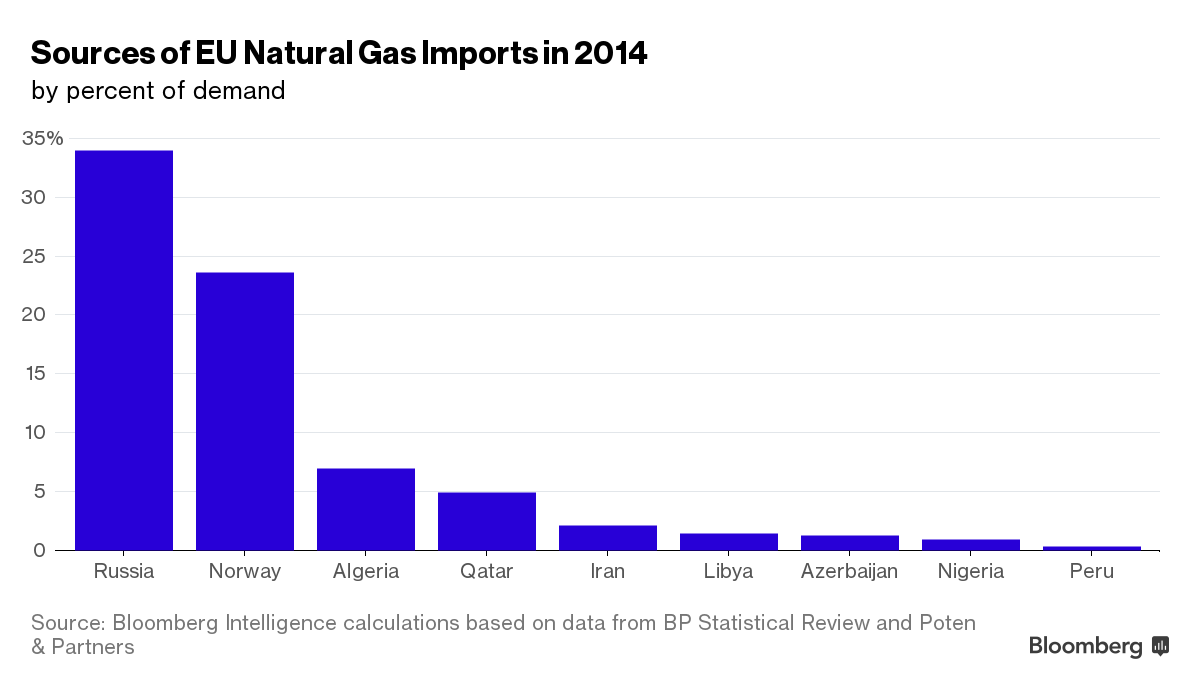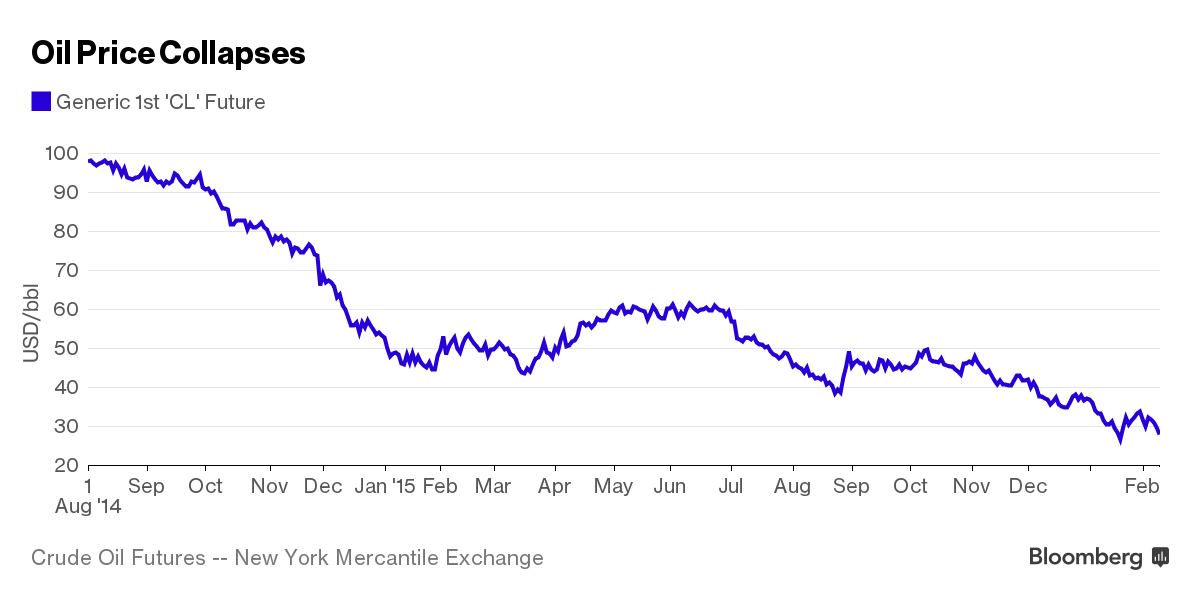Робіть ставку на біопаливо, а не на російський газ - Андерс Фог Расмуссен, екс-генсек НАТО

Bet on Biofuels, Not Russian Gas, Former NATO Chief Tells EU
European Union governments and companies would do better increasing production of renewables than counting on a natural-gas pipeline from Russia to ensure energy security, former NATO Secretary General Anders Fogh Rasmussen.
The 28-nation EU is seeking to guarantee energy flows while cutting greenhouse-gas emissions and improving cross-border gas and power connections. While its leaders endorsed a strategy to build closer ties among member states and cut dependence on imported fossil fuels, nations are divided on a Russian push to extend the Nord Stream gas link to Europe under the Baltic Sea.
“Seen from the energy security perspective, instead of promoting such a pipeline Europe should promote the development of home-grown alternatives to imported oil and gas,” Rasmussen, who was Danish Prime Minister from November 2001 to April 2009, said in an interview. “Wind and solar are well-known success stories but I’d also point to biofuels as an example of an alternative energy source with a lot of potential.”
The EU’s plan for 2020 is to boost the share of renewable energy to 20 percent of consumption, reduce greenhouse gas emissions by 20 percent from 1990 levels and to increase energy efficiency by a fifth. While a third of member states in 2014 reached or exceeded their varying national renewable energy goals for the end of the decade, countries including France, the Netherlands and the U.K are making slower progress, data published by the EU statistical agency showed earlier this week.

The EU’s planned shift to green energy comes as global oil and gas prices tumble, increasing the attractiveness of imported fossil fuels from the bloc’s suppliers, which include Russia, Norway, Saudi Arabia, Nigeria, Algeria and Qatar. Crude oil fell about 71 percent over the past 18 months as turbulence in global markets added to concern over brimming stockpiles.
“Taking into account current world affairs, the EU should attach much more attention to energy security,” Rasmussen said. “It’s not only a question about the price any longer. It’s also a question about how dependent you become on imported energy energy. We have seen in the past that Russia uses, or rather misuses, energy supplies as a weapon in its foreign and security policy, threatening to raise prices or cut off supplies.”

Crude oil price
The European Commission, the EU’s regulatory arm, is analyzing the legal and political implications of the Nord Stream-2 project, which Russia’s gas export monopoly Gazprom PJSC is pursuing with western European companies. The planned expansion of pipelines carrying gas to the EU drew criticism earlier this year from east European nations including Slovakia and Poland, which said the project undermines the EU energy union strategy.
Gazprom, EON, Engie, Royal Dutch Shell Plc, OMV AG and BASF SE signed an agreement in September to expand Nord Stream by 55 billion cubic meters a year, which would double its capacity to almost 30 percent of current EU demand. The new pipeline would circumvent Ukraine, which is struggling to avoid a default amid a conflict with Moscow-backed separatists in the country’s east, and may deprive it of transit fees.
Russia currently ships about a third of its Europe-bound gas via Ukraine, down from about two-thirds in 2011, when the Nord Stream pipeline under the Baltic Sea started supplying Germany directly. Eastern members of the EU suffered shortfalls at least twice in the past decade during price spats between the two former Soviet partners.